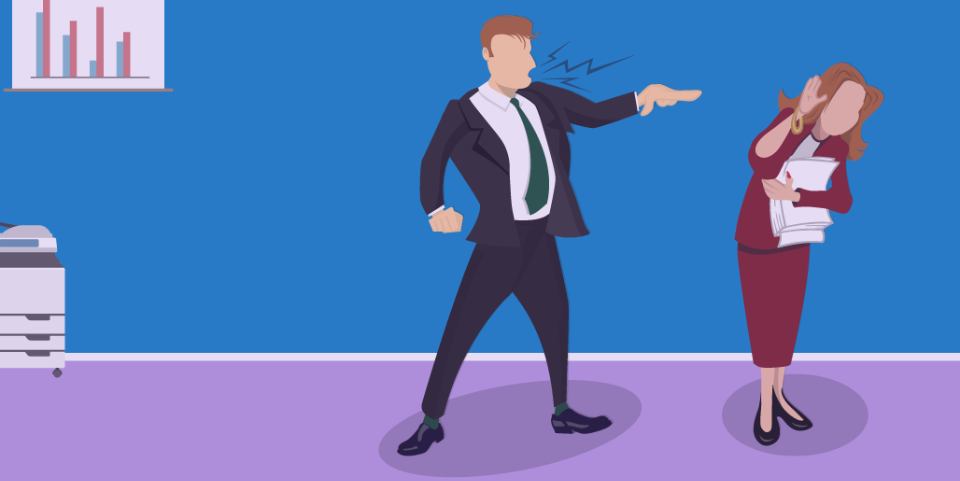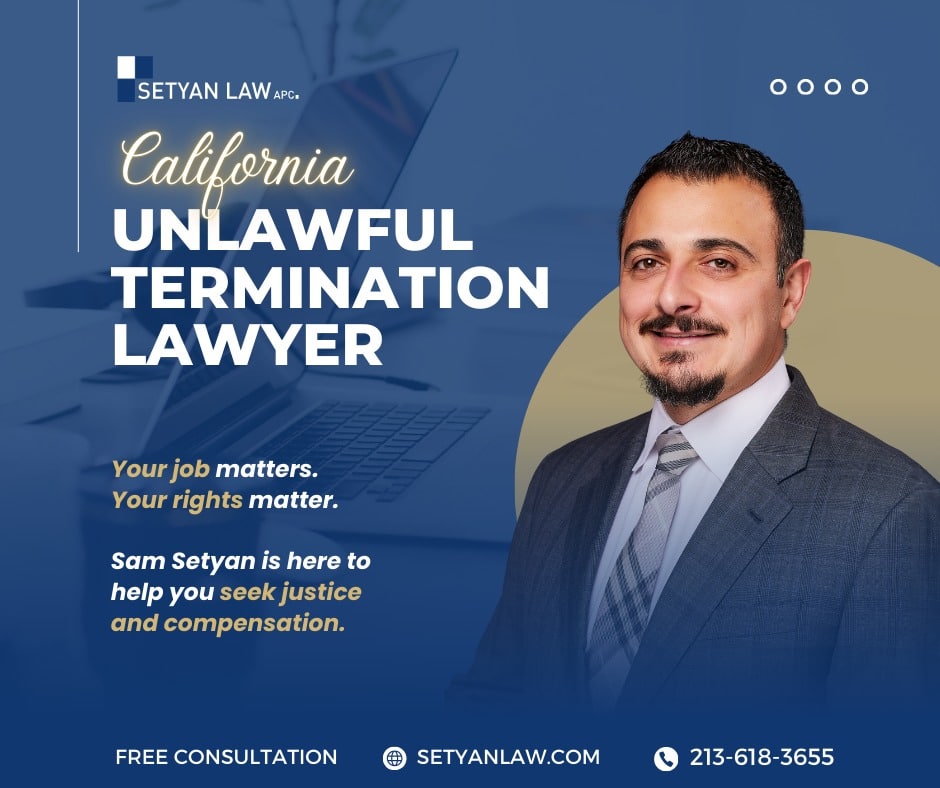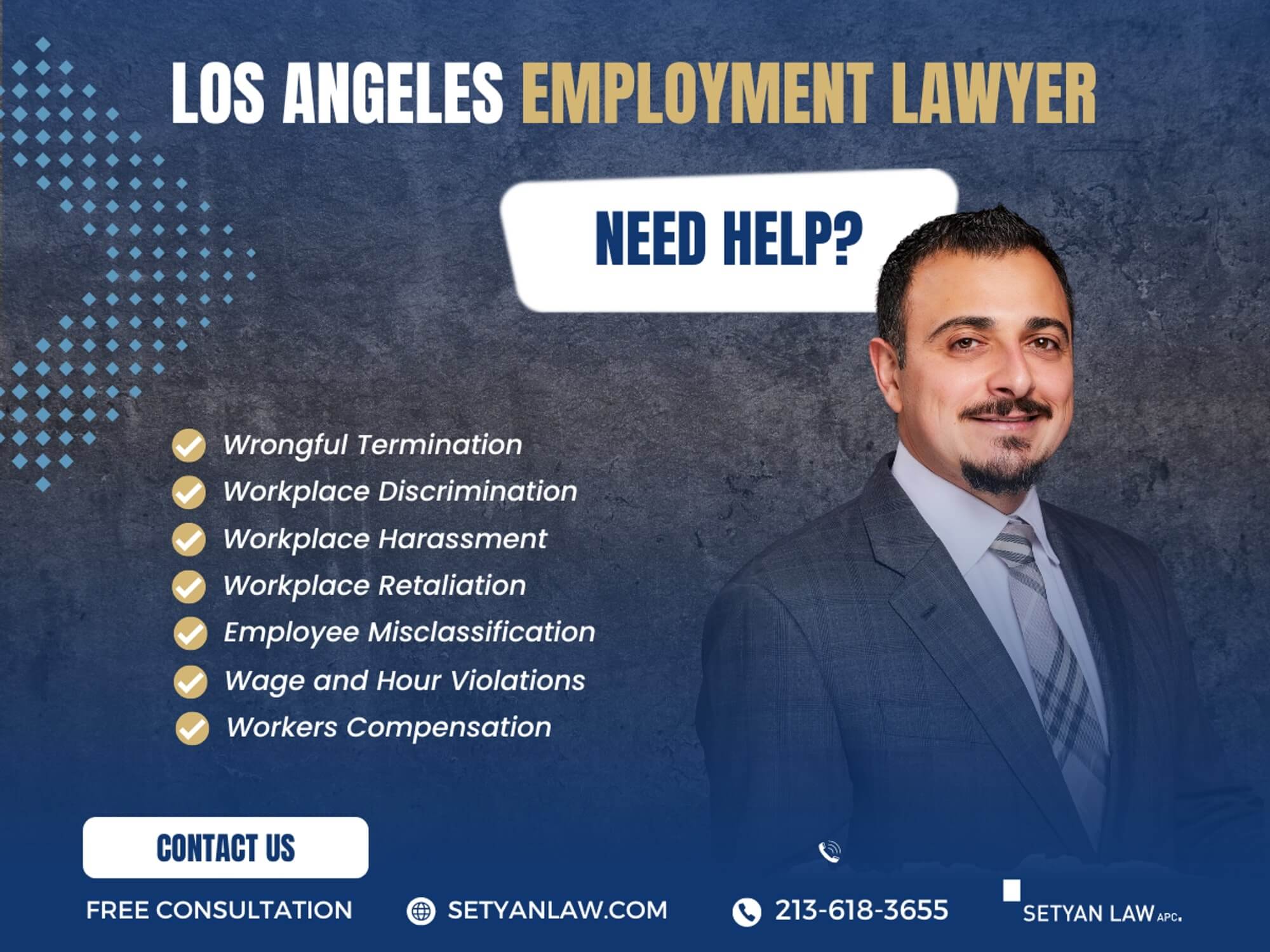Updated March 28, 2025
What to Do When You Get Fired: A Survival Guide
Getting fired from a job can be a devastating blow, leaving you feeling lost and uncertain about your future. We understand the emotional turmoil and practical challenges that come with unexpected job loss. What to do when you get fired is a question that demands immediate attention, as your next steps can significantly impact your career trajectory and financial stability.
We’re here to help you navigate this tough time with practical advice and legal insights. In this survival guide, we’ll address the emotional toll of losing your job, highlight key legal considerations, and provide clear next steps to move forward. We’ll also explore how this setback can open doors for professional growth. Whether you’re worried about unemployment benefits, negotiating a severance package, or dealing with potential wrongful termination, we’ve got you covered with the essential information you need to turn this challenge into an opportunity for a stronger future.
Emotional Impact of Job Loss
Getting fired from a job can have a profound emotional impact. We understand that losing your job unexpectedly can trigger a complex emotional journey, similar to the stages of grief. Let’s explore how these stages can help us navigate the turbulent waters of job loss and ultimately lead to personal growth and new opportunities.
1. Stages of Grief
When you get fired from a job, you may experience a range of emotions that mirror the stages of grief. These stages include:
- Denial: Initially, you might feel stunned and unable to accept the reality of the situation. Thoughts like “This can’t be happening” or “I’ll be back at work in no time” are common. It’s important to recognize this as a temporary coping mechanism and not get stuck in this stage.
- Anger: As the shock wears off, you might feel intense emotions directed at your former employer, colleagues, or even yourself. While anger is a normal part of grieving, it’s crucial to find healthy ways to channel these feelings, such as through exercise or talking to a trusted friend.
- Bargaining: You might find yourself reflecting on past decisions and wondering if different choices could have prevented the job loss. It’s essential to understand that some situations are beyond our control.
- Depression: This stage can be one of the most challenging. Overwhelming feelings of sadness, hopelessness, and despair are common. It’s crucial to seek support during this time, whether from a therapist, support group, or loved ones.
- Acceptance: This final stage marks a turning point in coping with job loss. It involves embracing change, letting go of the past, and looking forward to new opportunities and personal growth.
2. Coping Mechanisms
To navigate the emotional impact of getting fired from a job, consider these coping strategies:
- Acknowledge your feelings: Recognize that it’s okay to feel a wide range of emotions. Don’t suppress them; instead, allow yourself to process these feelings.
- Practice self-care: Engage in activities that help reduce stress and promote mental and emotional health, such as exercise, meditation, or relaxation techniques.
- Set new goals: As you progress through the stages of grief, consider setting new career goals to help you focus on the future and create a sense of purpose.
- Learn and grow: Use this transition period to acquire new skills, take on new challenges, and explore different career options that align with your values and interests.
- Stay resilient: Cultivate resilience by focusing on your strengths and past successes. Remember that setbacks are temporary and can lead to new opportunities.
3. Seeking Support
When dealing with the emotional aftermath of getting fired, it’s crucial not to isolate yourself. Seek support from various sources:
- Family and friends: Reach out to loved ones who can provide emotional support and encouragement during this challenging time.
- Professional help: Consider talking to a therapist or career coach who can offer guidance and help you process your emotions.
- Support groups: Join support groups for individuals who have experienced job loss. Sharing your experiences with others who understand can be incredibly helpful.
- Outplacement services: If available, take advantage of outplacement services provided by your former employer. These services can offer career coaching, resume assistance, and emotional support during your transition.
Remember, losing a job is a difficult experience, but it doesn’t define your worth or future career prospects. By acknowledging your emotions, using healthy coping mechanisms, and seeking support, you can navigate this challenging time and emerge stronger and more resilient.
Legal Considerations
When you get fired from a job, it’s crucial to understand your legal rights and take appropriate steps to protect yourself. Here are some important legal considerations to keep in mind:
Review Your Contract
Before taking any action, carefully review your employment contract. This document outlines the terms and conditions of your employment, including any provisions related to termination. Pay close attention to:
- At-will employment language
- Termination clauses
- Non-compete agreements
- Confidentiality provisions
Understanding these terms will help you determine if your employer has breached the contract or if you have any legal recourse. If you’re unsure about any aspect of your contract, it’s best to seek professional advice.
1. Consult an Employment Lawyer
Getting fired from a job can be a complex legal situation, especially if you suspect wrongful termination. An experienced employment lawyer can provide valuable guidance and help you understand your rights. They can review your case and advise you on potential legal actions, such as:
- Filing a discrimination claim
- Pursuing a wrongful termination lawsuit
- Negotiating a severance package
An employment lawyer can also help you navigate the complexities of employment law, ensuring you don’t inadvertently waive any of your rights during the termination process.
2. File for Unemployment
One of the first steps to take after being fired is to file for unemployment benefits. These benefits can provide temporary financial support as you search for new employment. Here’s what you need to know:
- Eligibility: You’re generally eligible for unemployment benefits if you lost your job through no fault of your own. However, if you were terminated for misconduct, you may be disqualified.
- Filing process: Contact your state’s unemployment office or visit their website to start the application process. Be prepared to provide information about your previous employment and the reason for your termination.
- Timing: File your claim as soon as possible after losing your job. There may be a waiting period before you start receiving benefits, so prompt action is essential.
- Documentation: Keep records of your job search efforts, as this may be required to maintain your eligibility for benefits.
Remember, unemployment benefits are governed by state-specific rules and regulations. It’s important to familiarize yourself with the requirements in your state to ensure you receive the support you’re entitled to.
By understanding these legal considerations and taking appropriate action, you can better protect your rights and navigate the challenges of getting fired from a job. Don’t hesitate to seek professional advice if you’re unsure about any aspect of your termination or your legal options.
Practical Next Steps
When you get fired from a job, it’s crucial to take immediate action to secure your financial future and prepare for your next career move. Here are some practical steps to consider:
1. Secure References
Even though you’ve been fired, it’s still possible to obtain positive references from your former employer. Consider approaching managers or colleagues who can speak to your strengths and accomplishments. If you had a good relationship with certain individuals, they may be willing to provide a reference. When reaching out, be professional and polite, focusing on the present rather than dwelling on the past. If possible, ask them to highlight specific skills or achievements that could benefit your future job prospects.
2. Organize Your Finances
After being fired, managing your finances should be a top priority. Start by creating an emergency spending plan and reviewing your sources of income, including severance pay, unemployment benefits, and any savings you may have. It’s crucial to file for unemployment insurance as soon as possible, as it can provide temporary financial support while you search for a new job.
Carefully consider your retirement plan options. If your account balance is over $5,000, you may be able to leave your savings in your existing plan. Alternatively, you can roll over the funds into another qualified account, such as an IRA, which won’t trigger immediate income tax consequences.
3. Create a Job Search Plan
Approaching your job search with a structured plan can significantly improve your chances of success. Start by preparing your professional documents, including your resume, cover letter, and list of references. Customize these materials for each position you apply for, mirroring the language found in job descriptions.
Keep track of your job applications with a spreadsheet, recording deadlines, submission dates, and updates from employers. Set aside dedicated time each week for your job search, treating it like a full-time job. Keep in mind that finding a new position can take anywhere from 3 to 9 months, so persistence and focus are essential.
By following these practical steps, you can navigate the challenging period after getting fired from a job more effectively. Remember to stay positive and view this as an opportunity for growth and new beginnings in your career journey.
Professional Development
Getting fired from a job can be a challenging experience, but it also presents an opportunity for professional growth and development. By focusing on enhancing your skills and expanding your knowledge, you can increase your chances of securing a new position and advancing your career. Let’s explore some key areas of professional development that can help you bounce back after being fired.
1. Skill Assessment
One of the first steps in professional development after getting fired is to assess your current skills and identify areas for improvement. This self-reflection process can help you understand your strengths and weaknesses, allowing you to focus on developing the skills that are most valuable in your desired field. Consider taking online assessments or working with a career coach to gain insights into your skillset.
It’s important to recognize that your skills extend beyond your job title. As one professional noted, “You are so much more than a job. Jobs come and go, and a job should be looked at as a stepping stone to get you to where you ultimately want to be”. This perspective can help you identify transferable skills that can be applied to various roles and industries.
2. Online Courses and Certifications
In today’s digital age, there are numerous opportunities to enhance your skills through online courses and certifications. These programs can help you stay current with industry trends, learn new technologies, and demonstrate your commitment to professional growth to potential employers.
Many online platforms offer free or affordable courses with certifications that can enhance your resume. For instance, the Google Analytics Certification is a valuable asset for digital marketers and analysts, teaching you how to interpret data and optimize online performance. Likewise, the HubSpot Inbound Marketing Certification can help you master skills like content creation, social media engagement, and lead nurturing – all highly sought after in digital marketing roles.
For those pursuing technology roles, certifications like the AWS Certified Solutions Architect – Associate can validate your expertise in designing scalable systems using cloud computing services. These certifications not only sharpen your skills but also add valuable keywords to your resume and LinkedIn profile, potentially increasing your chances of landing an interview by 2.9 times.
3. Volunteer Work
Volunteering can be an excellent way to gain new skills, expand your network, and demonstrate your commitment to personal and professional growth. It can also help fill gaps in your resume while you’re between jobs. As one organization notes, “The most valuable skills you can bring to any volunteer effort are compassion, dedication, a willingness to learn new skills, and a positive attitude”.
- Volunteering can provide opportunities to:
- Develop leadership skills by managing projects or teams
- Enhance your communication abilities through public speaking or writing
- Gain hands-on experience in new areas of interest
- Build a network of contacts that could lead to job opportunities
Moreover, volunteering can have personal benefits beyond career development. Studies have shown that 96% of volunteers claim they feel a sense of purpose, leading to increased happiness and better health.
By focusing on professional development through skill assessment, online courses and certifications, and volunteer work, you can turn the experience of getting fired from a job into an opportunity for growth and advancement. Remember, your career is a journey, and each experience, including setbacks, can contribute to your overall professional development.
Conclusion
Losing your job can be a difficult blow, but it doesn’t have to be the end of your journey. This guide has walked you through managing the emotional impact, understanding legal considerations, taking practical steps, and using this time for professional growth. With the right mindset and approach, you can transform this setback into a stepping stone toward future success.
Remember, your worth isn’t tied to a single job. Use this time to reflect, grow, and prepare for new opportunities. If you believe you’ve been wrongfully terminated, don’t hesitate to seek legal help. We will review your case, gather evidence to support your claims, and fight for you to get the justice you deserve. Please feel free to call us for a free consultation about your rights at 213-618-3655. Stay positive, keep pushing forward, and trust that better things are on the horizon.
FAQs
What are some steps to take after being terminated from a job?
After losing your job, it’s crucial to understand why you were terminated and explore any other opportunities within the company. Maintaining a positive relationship upon departure is beneficial. You might consider applying for unemployment benefits, taking time for personal reflection, updating your resume, and starting your job search. It’s also a good time to enhance both your hard and soft skills.
How should you react when informed about your job termination?
When you’re notified about being fired, it’s important to stay composed and professional. Learn the reasons for your termination and inquire about other possible roles or options within the company. Make sure to understand your entitled compensation and benefits, clarify your rights, request references, and learn about unemployment benefits. Always aim to leave on amicable terms.
Does a termination appear on your personal record?
Yes, being fired is recorded in your employment history. However, it’s not a public record and typically only comes up during reference checks by future employers.
What is the appropriate way to handle being fired?
Handling a termination professionally is crucial. Avoid reacting negatively or burning bridges, as maintaining professional relationships is beneficial for future opportunities. Treat your colleagues with respect, as they are likely not responsible for the decision.
How can being laid off impact your career and personal life?
Being laid off can be a significant emotional and financial blow. It often requires immediate reevaluation of your financial situation and career path. However, it can also be an opportunity to reassess your career goals, learn new skills, or even change career paths entirely.
Don’t wait until it’s too late. Contact Setyan Law today and take the first step towards a safer, more inclusive future for your organization.







